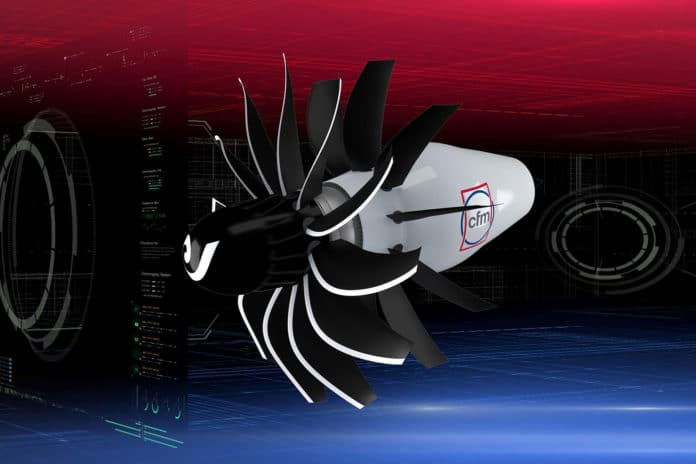An aerospace company Safran and GE Aviation, has announced the launch of a new technology development program that targets more than 20% lower fuel consumption and CO2 emissions compared to today’s engines. The program is called CFM RISE (Revolutionary Innovation for Sustainable Engines) and will demonstrate and mature a range of new, disruptive technologies for future jet engines that could enter service by the mid-2030s.
The two engine manufacturers have also signed an agreement extending the CFM International 50/50 partnership to the year 2050. They intend to lead the way for more sustainable aviation in line with the industry’s commitment to halve CO2 emissions by 2050.
Through the RISE technology demonstration program, the two companies will work together to reinvent the future of flight, bringing an advanced suite of revolutionary technologies to market that will take the next generation of single-aisle aircraft to a new level of fuel efficiency and reduced emissions.
“Our industry is in the midst of the most challenging times we have ever faced,” said Olivier Andriès, CEO of Safran. “We have to act now to accelerate our efforts to reduce our impact on the environment. Since the early 1970s, breakthrough engine efficiency and reliability have been the hallmark of our historic partnership, and our LEAP engine already reduces emissions by 15% compared to previous generation engines. Through the extension of our CFM partnership to 2050, we are today reaffirming our commitment to work together as technology leaders to help our industry meet the urgent climate challenges.“
The new jet engine technologies also ensure 100% compatibility with alternative energy sources such as Sustainable Aviation Fuels and hydrogen. One of the key features of the new engine is an open fan architecture, which allows achieving an improved fuel efficiency while delivering the same travel speed and cabin experience offered by current single-aisle aircraft. The program will also leverage hybrid electric capability to optimize engine efficiency while enabling the electrification of many aircraft systems.
The joint GE/Safran engineering team has laid out a comprehensive technology roadmap, including composite fan blades, heat resistant metal alloys, ceramic matrix composites (CMCs), hybrid electric capability, and additive manufacturing. So far, the RISE program has more than 300 separate components, modules, and full engine builds. A demonstrator engine is scheduled to begin testing at GE and Safran facilities around the middle of this decade, with a flight test soon thereafter.
